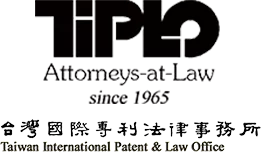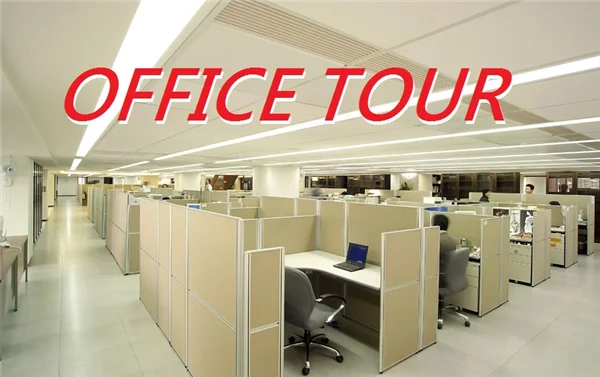Taipei High Administrative Court Says “Requiring Licensees to Submit A Detailed Manufacturing Equipment List Does Not Affect Fair Trade Order.”
E081127Y4 Dec. 2008(E109)
The Fair Trade Commission (FTC) holds Philips in violation of the Fair Trade Act for its patently unfair trade practice of requiring local licensees to submit a detailed list of their manufacturing equipment used to make CD-R disks as well as a sales statement on the CD-R disks sold under the Philips CD-R technologies licensing agreement. The FTC ordered Philip to pay TWD6 million in penalty. Philip challenged the FTC’s decision against it by bring the case to the Taipei High Administrative Court (THAC) and the THAC finds in favor of Philips with respect to its request to the local licensees for a detailed manufacturing equipment list. The case is now back in the FTC for re-decision.
This unfair competition case began in March 2001 when Philips demanded the local prospective licensee to submit a manufacturing equipment list to disclose the specification, supplier and the installation date of their manufacturing equipment. According to the licensing agreement Philips presented to the prospective licensee, the licensee must also produce a written sales statement within 30 days of the end of each quarter giving such details on a country by country basis as the model number of each CD-R disk product sold, buyers’ information and the trademark used.
The FTC holds that there is no direct relationship of any kind between the request for the manufacturing equipment list and the accounting of the royalty amount and that Philips as the licensor who also sells CD-R disks under its own brand name, has abused its market position to compel the licensee to disclose information which is of no relevance to the licensing. The FTC therefore holds Philips in violation of Article 24 of the Fair Trade Act and orders that Philips immediately stop such unfair practice.
Philips argues in defense in the action in the THAC that the manufacturing equipment list is for itself to be informed of the licensee’s output capacity, which information will help review the accuracy of the output amount reported by the licensee to estimate the royalty amount payable by the licensee. However, the FTC holds that the knowledge and know-how the licensee learned from its operation of production control are proprietary information of the licensee as it concerns the licensee’s business viability and competitiveness. Philips has, however, demanded to be informed of the licensee’s cost control expertise and method by abusing its advantageous position under the licensing agreement, the practice of which amounts to unfair trade practice.
The tribunal holds that Philips being the CD-R technology licensor is knowledgeable about the process and method of manufacturing CD-R disks and the licensees are free to change its manufacturing equipment and process after submitting the information about their machines and equipment to Philips. Therefore, requiring a manufacturing equipment list is not commercially objectionable in this case.
The tribunal sides with the FTC, however, as to Philips’s demand for the licensee to produce the sales statement,. Regardless of Philips’s argument that the sales statement is necessary to prevent possible infringement accusations, expedite the customs clearance process, prevent double payment of royalties, etc., the tribunal finds that requiring the licensee to produce the sales statement may violate the privacy of the licensee and yet Philips has produced no direct proof to reasonably explain how the alleged necessity of requiring the sales statement relate to the calculation of the royalty amount payable by the licensee. (2008.11)
/EMA














